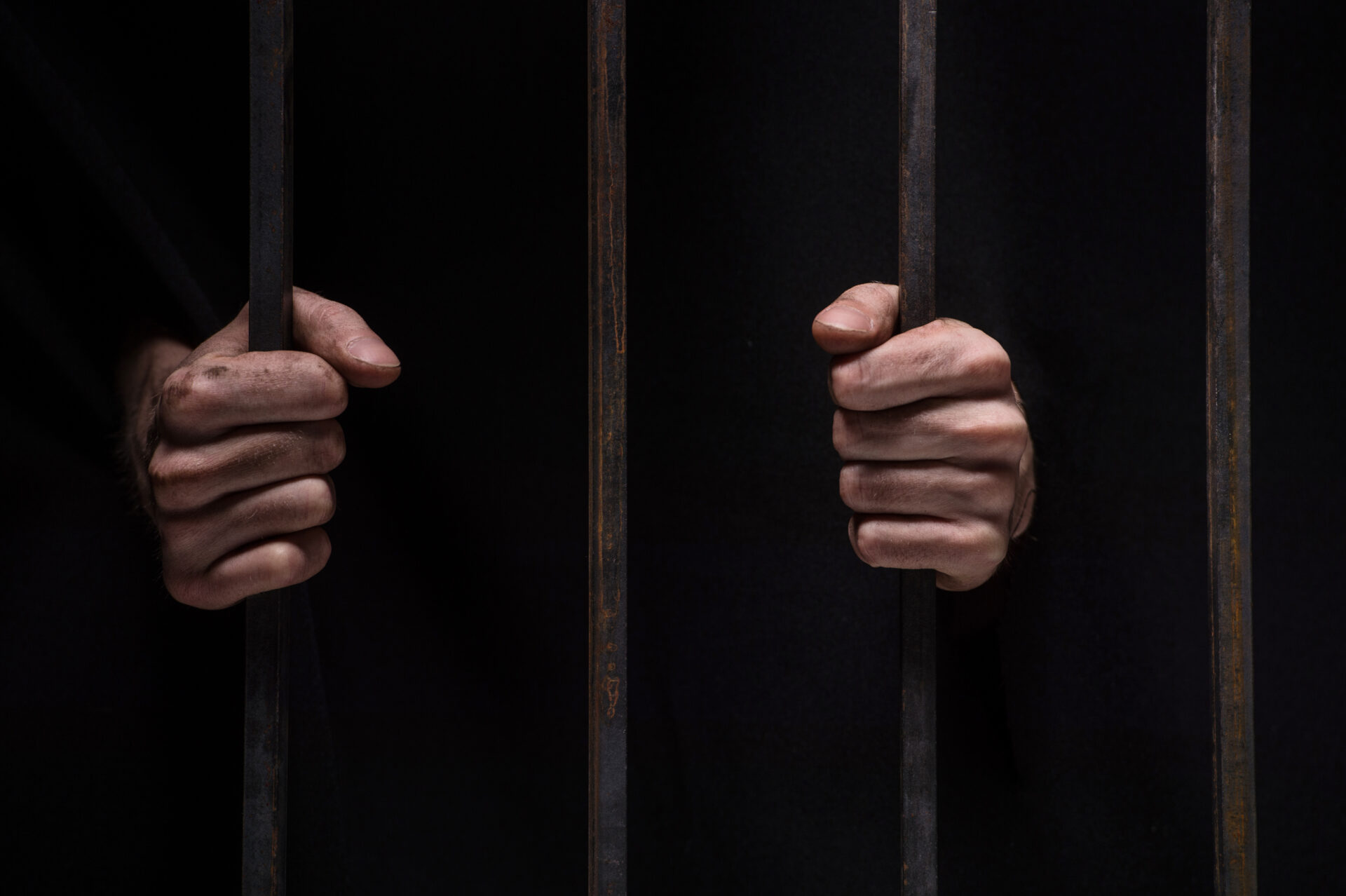
ICE Aids Arrest in Vicious KILLING!
ICE’s arrest of a Venezuelan national linked to the Tren de Aragua gang after a fatal Aurora shooting has intensified debates over immigration enforcement and community safety.
At a Glance
- ICE issued a detainer for a Venezuelan national accused in a fatal shooting in Aurora, Colorado
- Suspect allegedly affiliated with the Venezuelan gang Tren de Aragua
- Five children were present during the incident, heightening public concern
- Swift arrest credited to collaboration between Aurora Police, ICE, and DHS
- Case may influence future debates on immigration policy and enforcement
The Aurora Incident
On August 3, 2025, authorities in Aurora, Colorado, responded to a violent domestic incident involving Michel Jordan Castellano Fonseca, a 30-year-old Venezuelan national. Police allege that Castellano Fonseca shot and killed his sister-in-law and critically injured his wife in the presence of five children. The tragedy drew immediate attention due to its severity and the suspected gang affiliation of the accused.
Investigators say Castellano Fonseca is connected to Tren de Aragua, a Venezuelan criminal organization with operations extending into multiple countries. The following day, U.S. Immigration and Customs Enforcement (ICE) issued an administrative arrest warrant and detainer, citing the suspect’s immigration status and alleged gang ties.
Interagency Coordination
Aurora Police, ICE, and the Department of Homeland Security (DHS) coordinated closely to locate and arrest Castellano Fonseca on August 4–5. Authorities credit this swift action to established communication channels between local and federal agencies, which have been emphasized in previous immigration-related criminal cases.
Watch now: ICE Arrest in Aurora Gang-Linked Homicide · YouTube
The 18th Judicial District Attorney’s Office is reviewing potential charges, which are expected to include homicide and attempted homicide. ICE officials underscored that detainers are a vital tool in preventing noncitizens accused of serious crimes from evading custody, though their use continues to prompt debate over due process protections.
Community Concerns
The presence of young children during the shooting has intensified local anxiety about public safety and the welfare of minors exposed to violent crime. Aurora’s police chief stated that the suspect “should not have ever been in this country,” framing the case as an example of why cooperation between local law enforcement and immigration authorities is necessary.
Public opinion remains divided. Some community members advocate for stricter immigration policies to address the presence of individuals with criminal histories, while others call for balanced measures that uphold both safety and civil rights. The incident has renewed calls for improved systems to identify and remove dangerous individuals before they can commit serious offenses.
Policy Implications
Legal experts from the University of Denver Sturm College of Law note that the outcome of this case could influence future protocols for collaboration between municipal police forces and federal immigration agencies. If handled effectively, it may serve as a precedent for how to address violent crimes involving noncitizens without undermining constitutional safeguards.
As legal proceedings move forward, the case will remain under public scrutiny, both for its implications on immigration enforcement and for its role in shaping perceptions of safety in communities affected by gang activity. Federal and local authorities alike will be watching closely to assess whether existing enforcement mechanisms are adequate—or in need of reform.
Sources
ICE
City of Aurora
University of Denver Sturm College of Law


